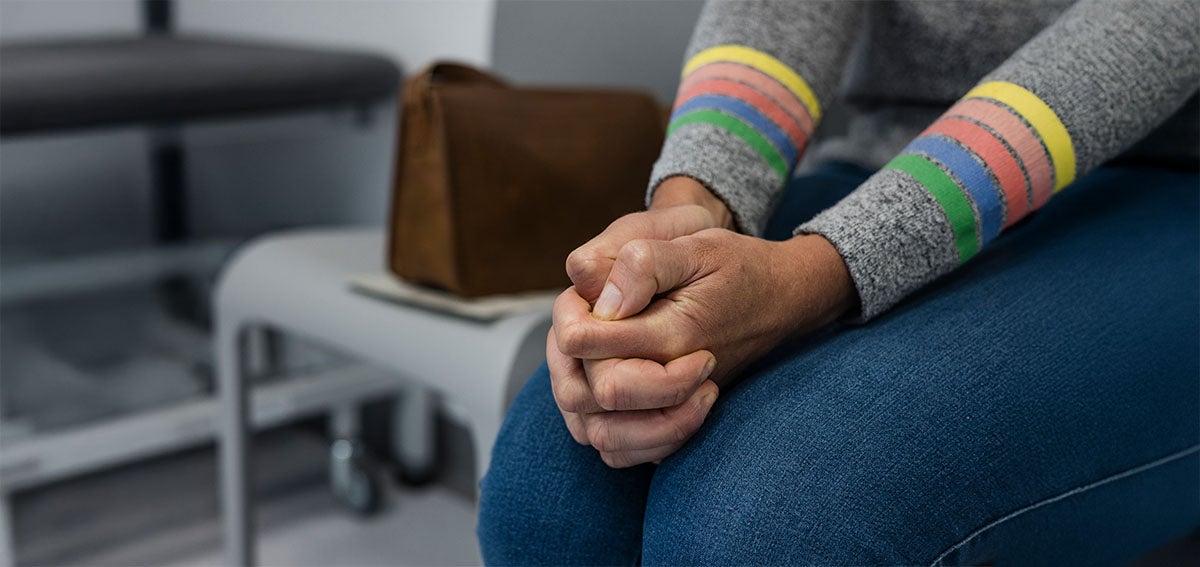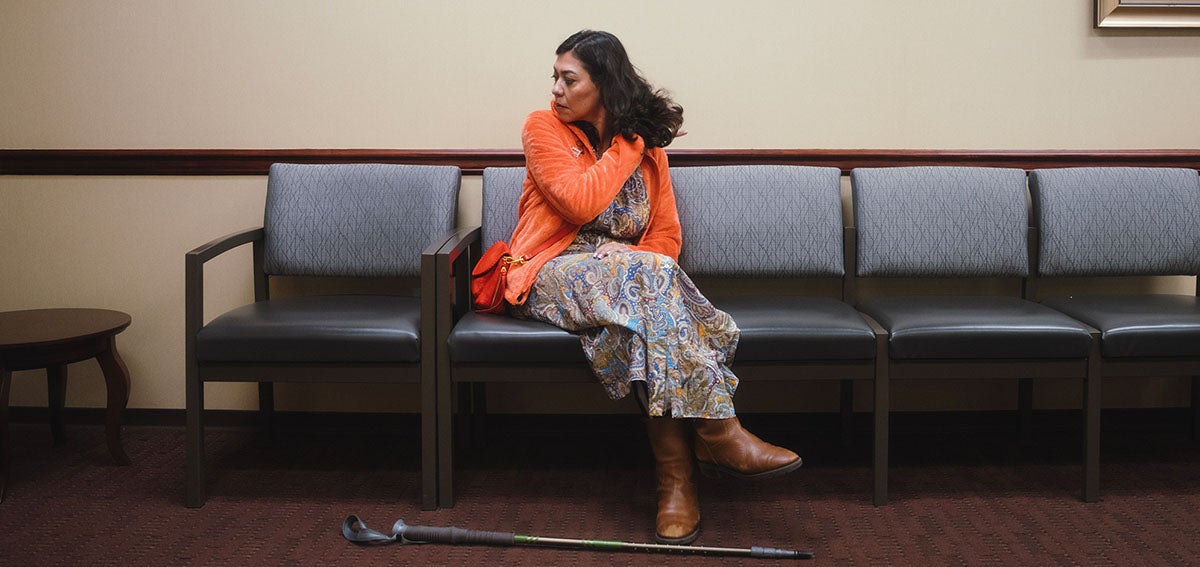
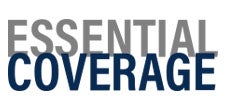
Are you one of the 62 million Americans who listen to podcasts weekly? Or one of the 16 million Americans who consider themselves “avid podcast fans”?
Audio storytelling has long been a popular medium, but podcasting — a term coined by journalist Ben Hammersley in The Guardian in 2004 — has changed how and where people consume it. According to Edison Research and Triton Digital, 90% of monthly US podcast listeners over age 12 today listen to podcasts at home, 64% listen in a car or truck, and about half listen while on foot. Though people listen to podcasts for many reasons, two rise above the rest: to learn new things (74% of monthly podcast listeners) and to be entertained (71%). A growing share of podcast listeners use the medium to stay up-to-date with the latest news (60%).
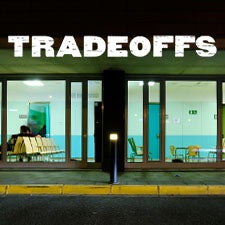
Podcasts about health care are gaining steam. Tradeoffs, a new health policy podcast cohosted by longtime health care reporter Dan Gorenstein, Harvard physician and economist Bapu Jena, and Vanderbilt economist Sayeh Nikpay, aims to demystify controversial health care issues and news for listeners.
In the run-up to the 2020 election, health reform is getting plenty of airtime — in candidates’ stump speeches, on the debate floor, and certainly on Capitol Hill. “People have a hunger to fix health care, but there are no quick fixes or silver bullets,” said Gorenstein. There are only tradeoffs. The Tradeoffs podcast aims to explain the confusing, costly, and often counterintuitive American health care system through storytelling and rigorous research. The first episode premiered on October 16, and new episodes will drop every other Wednesday. Episodes of Tradeoffs run 15 to 30 minutes.
To celebrate the launch of Tradeoffs, which is funded by CHCF and the Robert Wood Johnson Foundation, here’s a round-up of informative, entertaining health care podcasts to keep you company wherever you have speakers or headphones.
If You’re Looking for a Full Season (or more)
An Arm and a Leg
Run time: 15 to 26 minutes per episode
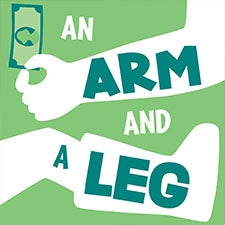
“The cost of health care runs our lives,” said veteran reporter Dan Weissmann in the first episode of An Arm and a Leg. Weissmann, whose work has been featured on NPR’s Morning Edition and Planet Money and on 99% Invisible, couldn’t get the idea of a show about the cost of health care out of his mind, so he gave himself a week to talk to some friends about the idea — in other words, to “get it out of my system.” Instead, everyone he talked to wanted to share their health care cost (horror) stories, and An Arm and a Leg was born. In the first two seasons, Weissmann investigated topics like shopping for health insurance, price gouging by hospitals, and the sky-high price of insulin. A third season is in the works. The podcast is coproduced and funded by Kaiser Health News and funded by Public Narrative and the Chicago chapter of the Awesome Foundation.
The Uncertain Hour — Season Three: “Inside America’s Drug War”
Run time: 36 to 50 minutes per episode
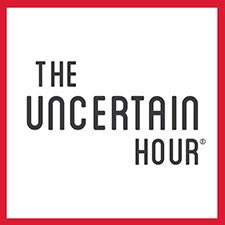
The year was 1989, and President George H. W. Bush was addressing the nation in his first televised speech since being elected. Reaching under his desk, he pulled out a clear bag of “crack cocaine — seized a few days ago by drug enforcement agents in a park just across the street from the White House.” In season three of The Uncertain Hour, host Krissy Clark, senior reporter for Marketplace’s Wealth & Poverty Desk, looked back at this pivotal moment and how Bush’s declaration of a war on drugs connects to today’s opioid crisis. She tracked down friends and classmates of Keith Jackson, the young man with no prior criminal record who the Drug Enforcement Administration lured to the park next to the White House to pin with a drug sale. Clark also traveled to Wise County, Virginia, which has been hit hard by the opioid crisis, to learn what the community is doing to prevent overdose deaths. Marketplace is produced and distributed by American Public Media.
The Workaround
Run time: 28 to 32 minutes per episode
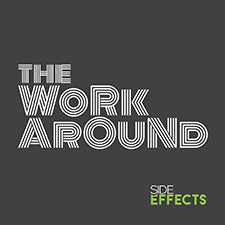
Across the country, people are finding creative and shocking ways to circumvent the American health care system and get the help they need. In The Workaround, reporters from Side Effects Public Media talked to patients who have worked around the organ transplant list, the limited number of buprenorphine treatment slots, and the pricey medical food formulations that are necessary for people with a rare metabolic condition. Side Effects Public Media is a public health reporting collaborative led by WFYI Public Media.
If You Only Have Time for One Episode
Armchair Expert — “Nadine Burke Harris” (October 10, 2019)
Run time: 1 hour, 32 minutes (plus a 43-minute fact check)
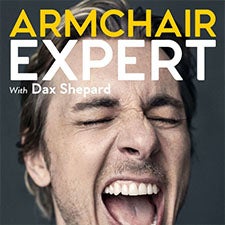
Comedic actor Dax Shepard — who happens to be married to actress Kristen Bell — hosts an interview podcast that feels like you’re listening in on an intimate conversation between friends. Recently, Shepard invited Nadine Burke Harris, MD, MPH, to the Armchair Expert attic studio for a conversation about her research on adverse childhood experiences (ACEs) and how it led to her “dream job” as California’s first-ever surgeon general. Burke Harris talked about a program in California beginning in January 2020 to reimburse Medi-Cal providers for screening children and adults for ACEs. She also discussed her lifelong love for the X-Men and how it relates to her research — “Our ACEs can be a vulnerability, but I also think they’re the source of our superpowers,” she said.
The Daily — “Death, Profit and Disclosure at a Children’s Hospital” (May 31, 2019)
Run time: 37 minutes

This New York Times podcast, hosted by Michael Barbaro, takes a deep dive into one of the biggest stories of the day every weekday. On May 31, Barbaro brought in Times investigative reporter Ellen Gabler to shed light on turmoil in the pediatric heart surgery program at North Carolina Children’s Hospital. Gabler was sent secret audio recordings from internal meetings made by physicians who felt deeply concerned about the high death rate at the children’s hospital. In one recording, a pediatric cardiologist can be heard saying, “I ask myself, ‘Would I have my children have surgery here? . . . When I look myself in the mirror, and what’s gone on the past month, I can’t say that.” This episode is a somber reminder that lack of medical oversight can literally be deadly.
Fresh Air — “Why an ER Visit Can Cost So Much — Even for Those with Health Insurance” (March 13, 2019)
Run time: 36 minutes
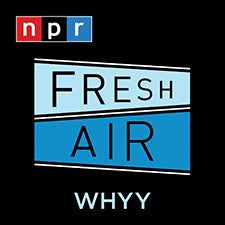
Put expert interviewer Terry Gross and health policy journalist Sarah Kliff in a recording studio, and you get a master class on emergency room (ER) billing. Kliff, who has reported on Washington’s battle over the Affordable Care Act for nearly a decade, read some 1,500 ER bills submitted by Vox readers while she was a senior policy correspondent there (she is now an investigative reporter at the New York Times). In this episode of Fresh Air, Kliff told Gross about some of the crazier ER bills she read, including a $400 pregnancy test, a $629 bandage, and a $27,660 charge for treatment at a city hospital after a college student was knocked unconscious by a city bus. It’s a shocking look at the crushing costs that can come out of “a place where you can’t really shop for health care.”
Authors & Contributors



